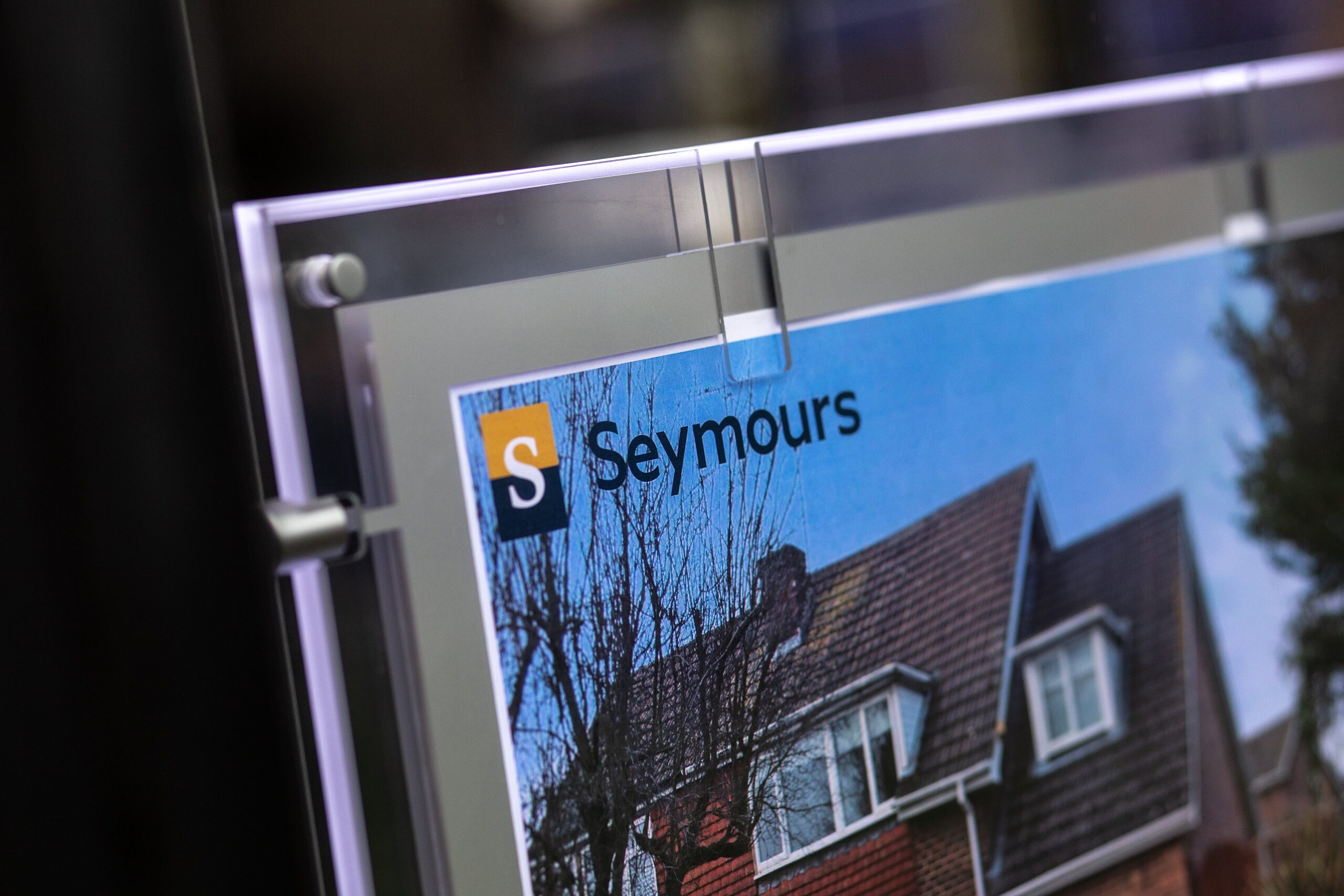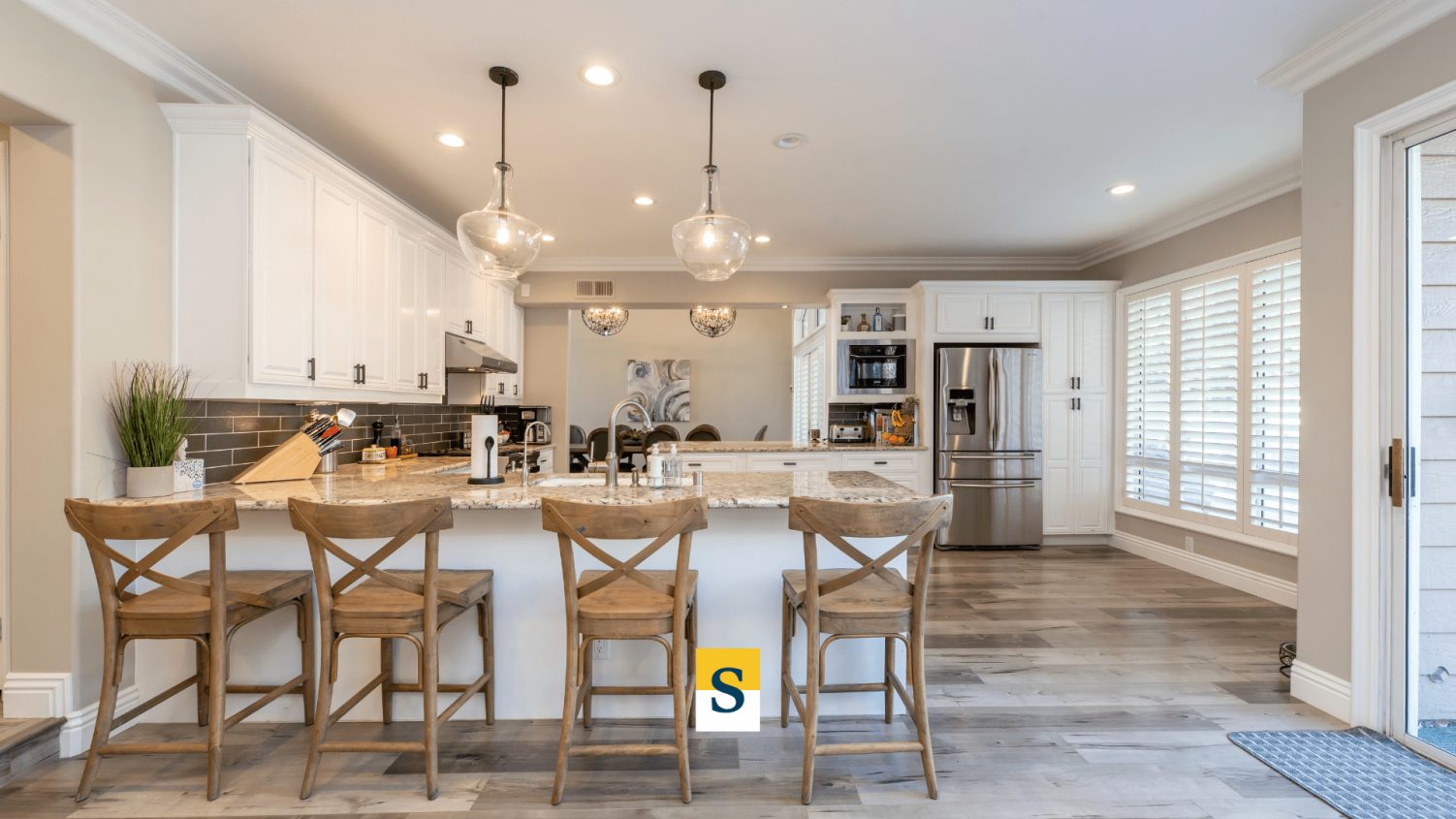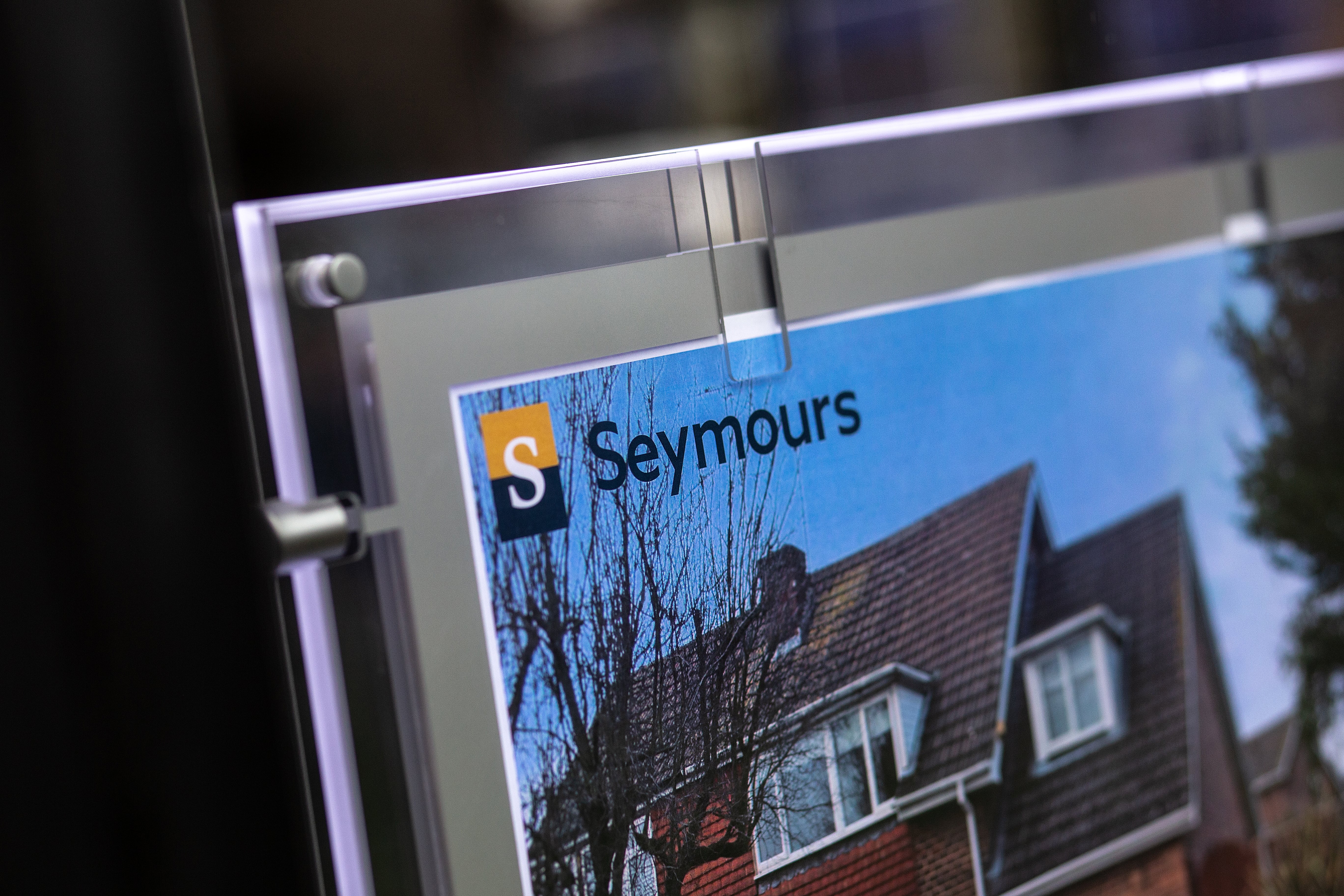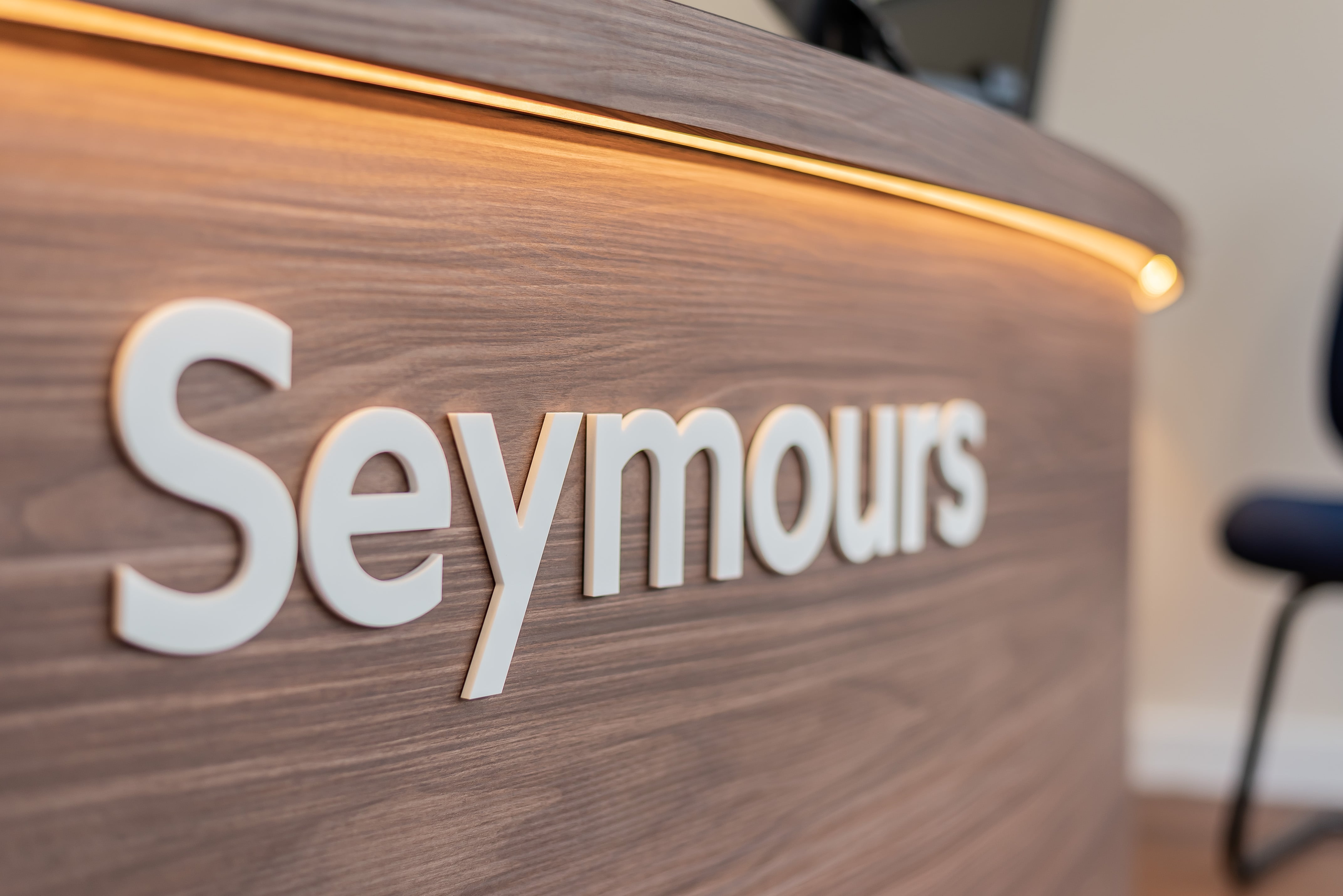Should I Buy A Second Rental Property? – The Need To Knows
07 January, 2022
Almost a million people in the UK own two or more properties to rent. But when it comes to answering the question – should I buy a second rental property – you need to understand the pros and cons before making a decision. If you are not aware of the additional impact, you could be looking at a financial struggle should you not be in the right place to handle it.
Alternatively, it could bring you extra income and turn out to be the perfect investment. You’ll need to weigh up the costs of becoming a landlord against the gain you will receive in the long run. In this article, we are going to discuss the ins and outs of investing in properties to let. Hopefully, it will help you decide whether or not it is the right option for you.

Why Do You Want To Invest?
Firstly, your reason for purchasing a new home will help determine the type of property you want. A lot of people will ask the question ‘should I buy a second rental property’ – but will have no idea why they want to do so or what they hope to get out of it. This can lead to impulse buying and a poor outcome.
Whereas, someone who has done their research and knows what they hope to gain will have a better understanding of what they can afford. Some people may be looking for a second income or a way to invest a large sum of money while hoping it will increase in value. Others may be looking for short-term renting like Airbnb while using it as a holiday home the rest of the time.
Either way, you would be looking for different types of homes, in different areas and likely at different price points. You should also ask yourself if you are willing to renovate the building before renting it out. This again will impact the choices you make down the line. Think carefully about your reasons before moving forward.

The Benefits
Although it takes a lot of thought and effort, you can see great things from buying extra properties to rent.
Extra Income
While you do have to take into account any renovation and repairs – the more properties you invest in, the more money you can make each month from tenants. If you want to make it a bigger part of your revenue, try adding to your collection when you become confident in being a landlord.
Also, once you have been a landlord for over two years, your bank will be more likely to recognise this as part of your monthly income. As a result, they will be more helpful in offering mortgages for new purchases.
Holiday Home If You Need It
Oftentimes, a rental becomes vacant and you may have a period in which no one is living there. During this time, it could be used as a holiday home or extra place to stay when commuting. Obviously, if it is close to where you live anyway this might not be the case. However, many people choose to purchase a little further afield or in commuter towns like Surrey to boost the appeal.

If you’re looking for a more steady source of income, sporadically letting the home may not be the best way around it. However, having somewhere to offer to friends and family as well as a convenient place to stay yourself is one option that suits many individuals.
Flexibility To Manage An Investment
If you’re still wondering ‘should I buy a second rental property’ – it can be very rewarding. You are able to make all of the decisions including costs, contracts and terms. You have the opportunity to manage a large investment exactly as you want to. Any tenants will sign their own agreement and should anything be out of place, you have the right to act upon that.
Similarly, when you decide it is time to sell the asset you can do so. By carefully keeping an eye on the property market and taking finances into account as well as your situation in the future, you can sell the home when you believe it will benefit you the most. Especially for those looking to retire or reinvest into larger or more properties – it is up to you when you do so and it is more reliable than many other ways of investing.

Disadvantages
You also need to think about the struggles you may face along the way. If it is not the right time for you, do not feel rushed into a decision so great. Similarly, if you do not think it is viable for you to manage properties in this way, there are other ways you can invest. Here are some things to consider:
Taxable Income
Despite the benefit of extra money each month to cover the mortgage and a bit more, we can’t forget about the dreaded landlord income tax. The profit you make (subtracting allowances or reliefs) will be taxed up to 45% depending on your bracket. As is the case with your usual income, anything up to £12,500 is yours and you will not owe anything.
However, up to £50,000 will be taxed 20%, 40% on up to £150,000 and 45% over this amount. To pay for this, you will need to fill in a self-assessment form each tax year and ensure you are noting down any claimable expenses to get back.
Maintenance
Everything from a dripping tap to an emergency boiler repair is up to you to fix. Even if you would expect someone to be able to do it themselves, they have every right to call upon you. If it is not an issue you can repair yourself, you may need to hire a professional to send to the home. This can be costly but should guarantee a longer-lasting and more reliable result than the tenants tackling it.
Remember that people are paying you to keep their homes habitable and comfortable. As a result, they may expect extremely quick or instant responses and solutions. This means you need to ensure your communication is airtight and you are ready to act upon anything at any time. If you do not live close, it may be worth researching local handymen and other trades before renting to get some reliable contacts.
Tricky Tenants
This is a problem that can put many people off. If you were unlucky and had some unreliable, untidy tenants move in – it will be up to you to chase them for payments and take any necessary action. It can be awkward sending out rent reminders and conducting inspections of an unkempt property. However, if they are breaking the terms of their agreement, it will be your job to take the next steps to reprimand this.
If conflicts with individuals or dealing with evictions aren’t something you are willing to do, we would suggest reconsidering the idea. You may come across a high-quality tenant that gives you the motivation to make the investment. But they are hard to find and there is no guarantee they will stay forever. So carefully consider the impact of difficult clients.

Consider The Costs
One of the main reasons people ask ‘should I buy a second rental property?’ – is that they aren’t sure whether they can afford it. Excluding building insurance and legal fees, there are a few costs that you need to add to the mix when crunching the numbers.
Stamp duty – This will be more expensive when buying a holiday home or buy-to-let as they are classed as ‘additional properties’.
- Council Tax – You will still need to cover this, but you may be entitled to a deduction as a second home.
- Buy-To-Let mortgage deposit – This specialist mortgage will require a larger deposit than your first home and a good credit score. Consider this when deciding.
- Bills – The second set of bills will require careful consideration of the rent you charge and what you can cover in an emergency.
If any of these scare you, ensure you talk to a financial adviser or discuss mortgage costs with your bank.

Should I Buy A Second Rental Property With Seymours Estates?
Depending on your financial situation and position in life, you could get a huge amount of benefits from investing in property. At the same time, it is important to make an educated decision and refrain from any impulse buys.
There is also the issue of landlord-tenant relationships to consider. If you are reluctant to deal with maintenance and other more difficult issues such as eviction or contract disputes, it may be worth trialling the idea with friends and family first.
However, if you’re just looking for more information or are ready to make a purchase, the team at Seymour’s are ready and willing to help! You can fill out a contact form today or visit our website to book an appointment and find out more. We know the local market inside out and will do everything necessary to support you. We keep our processes simple and transparent and won’t try to baffle you with small print or specialist language.